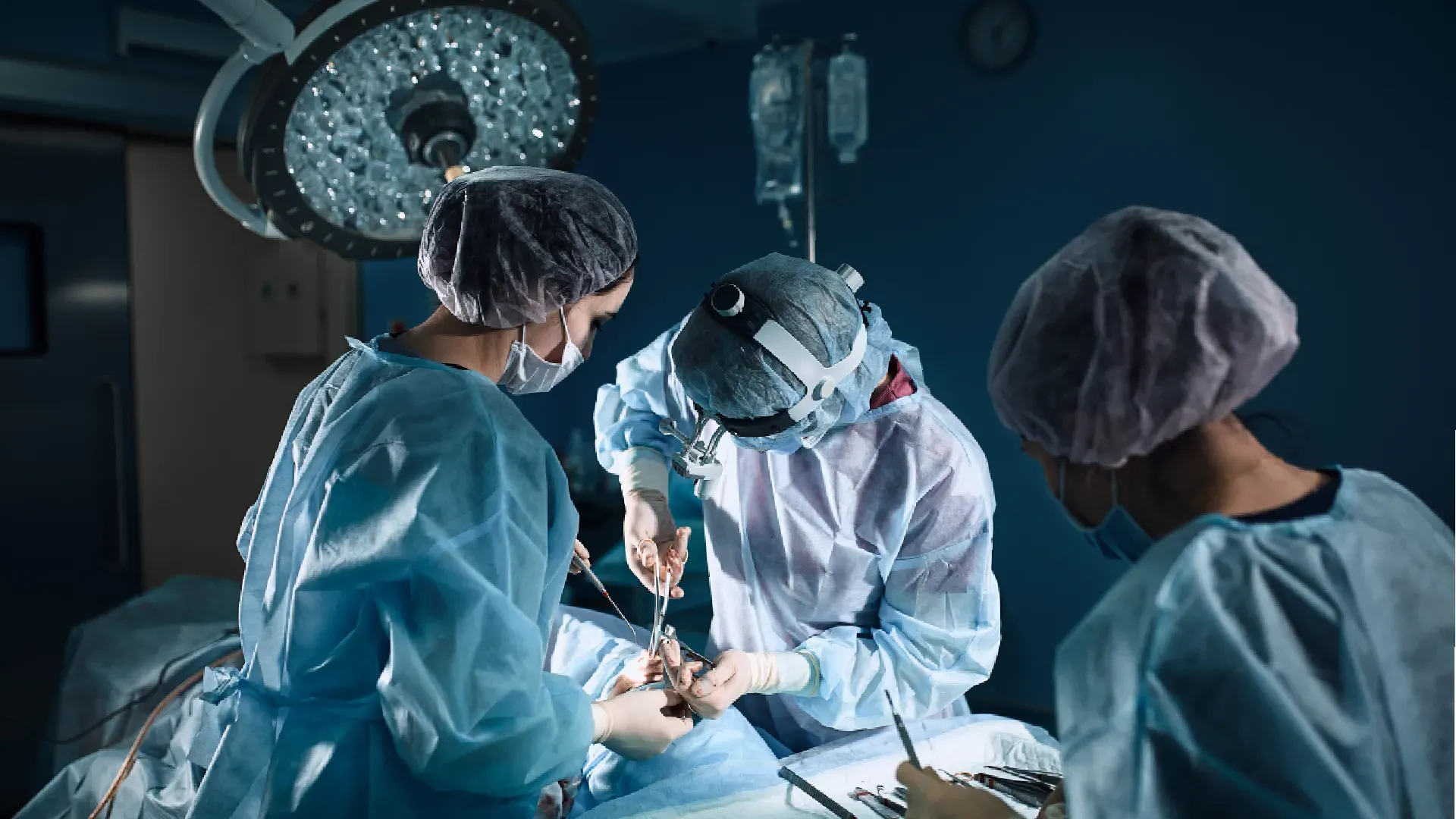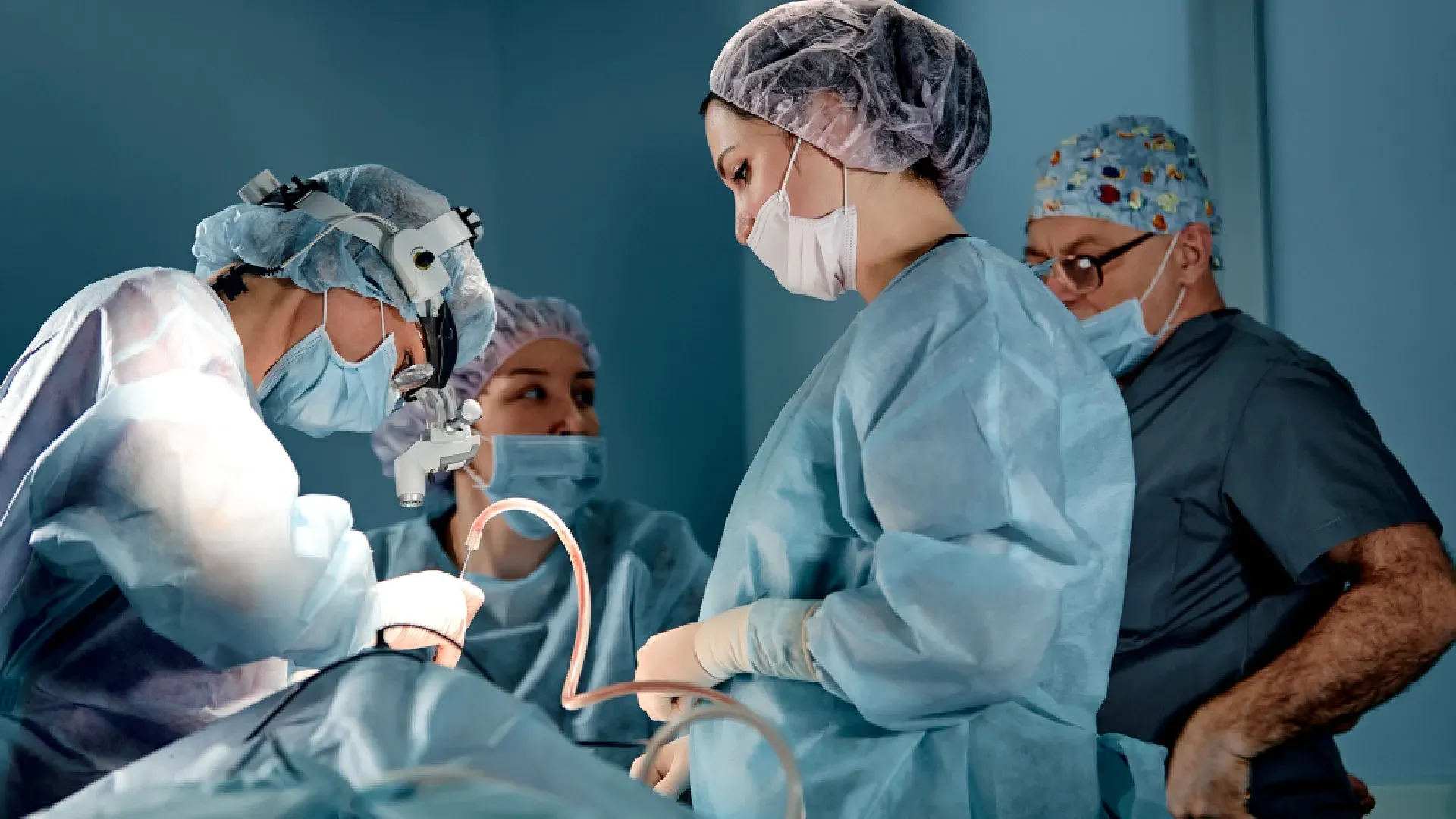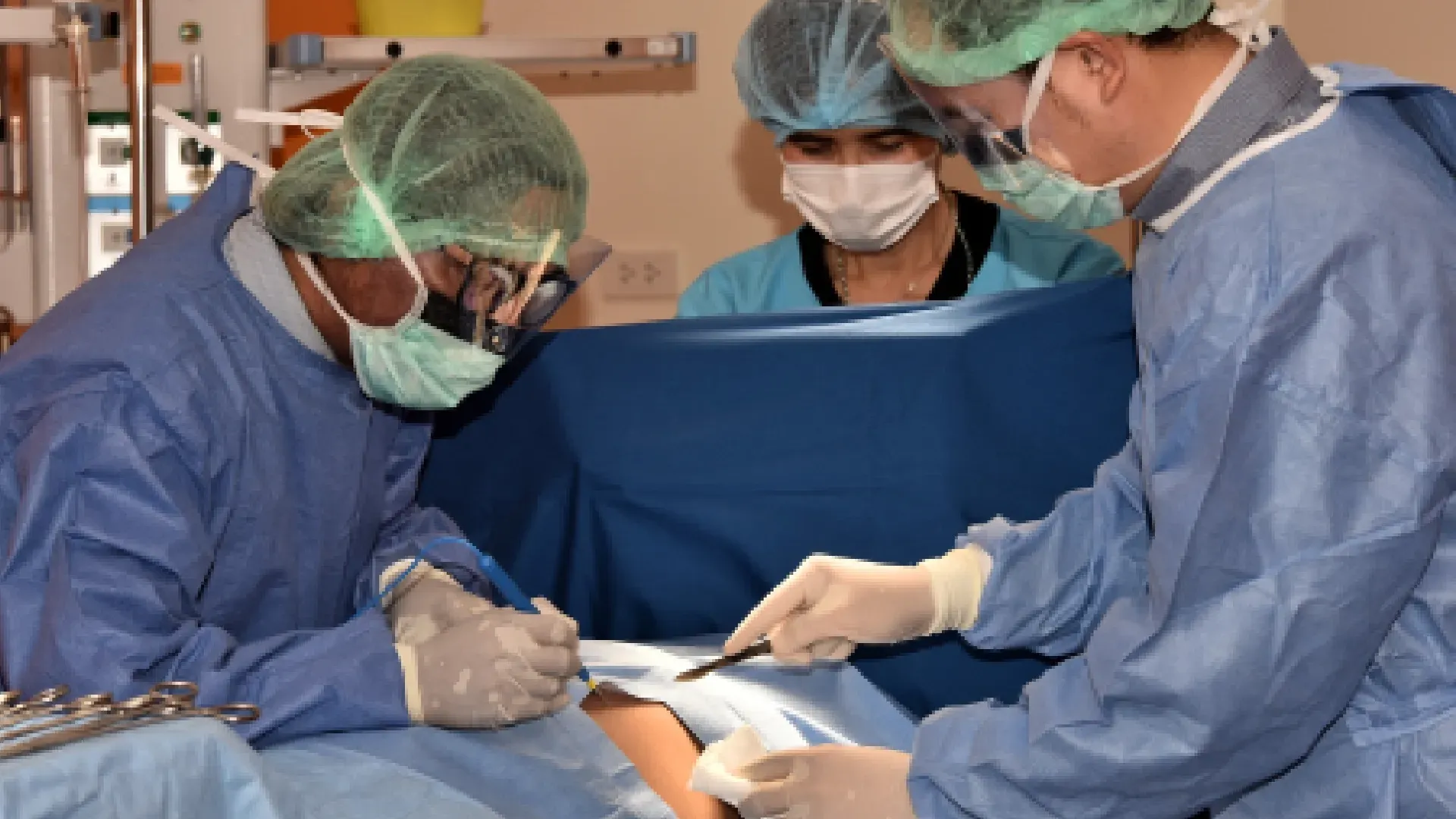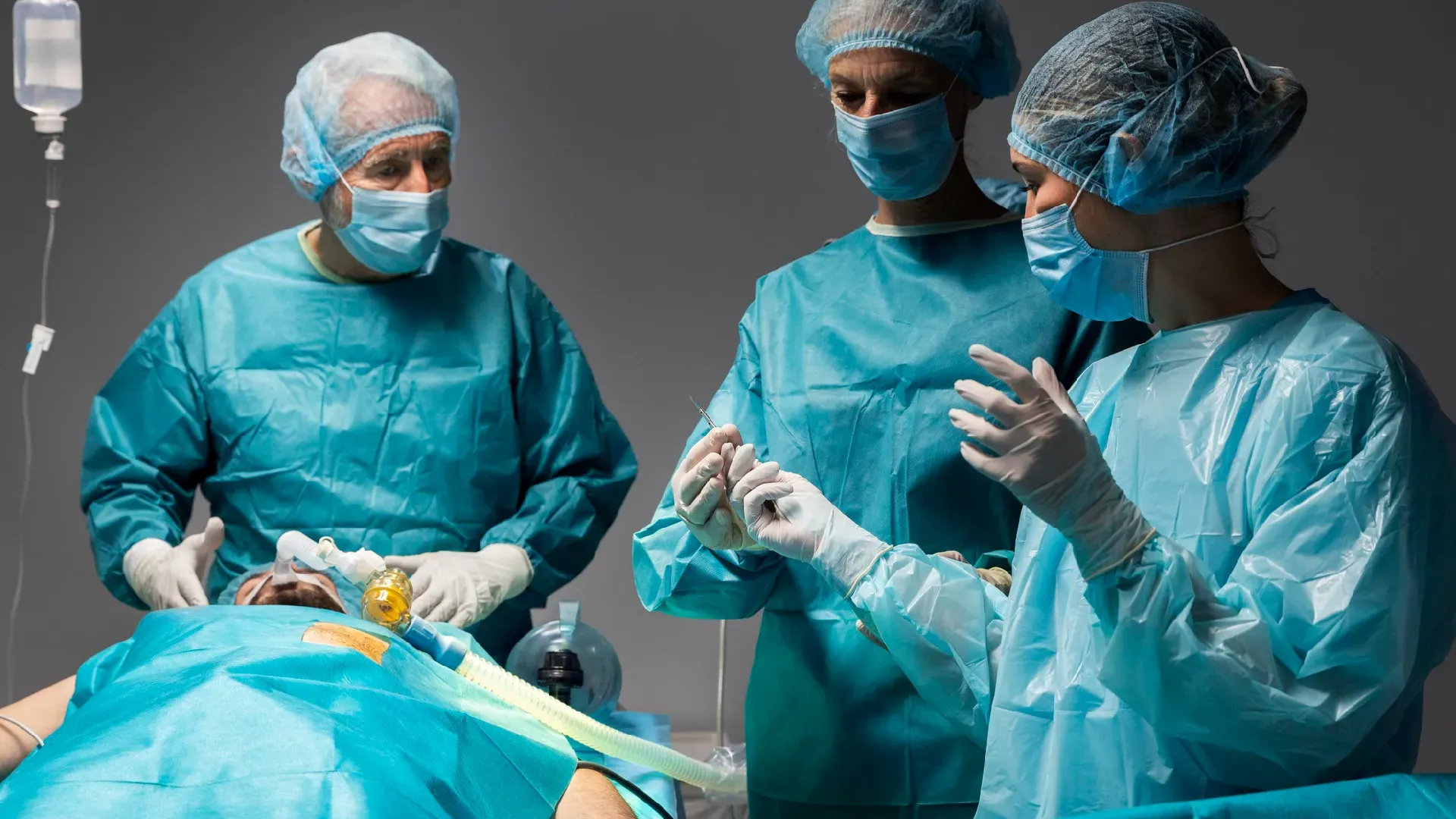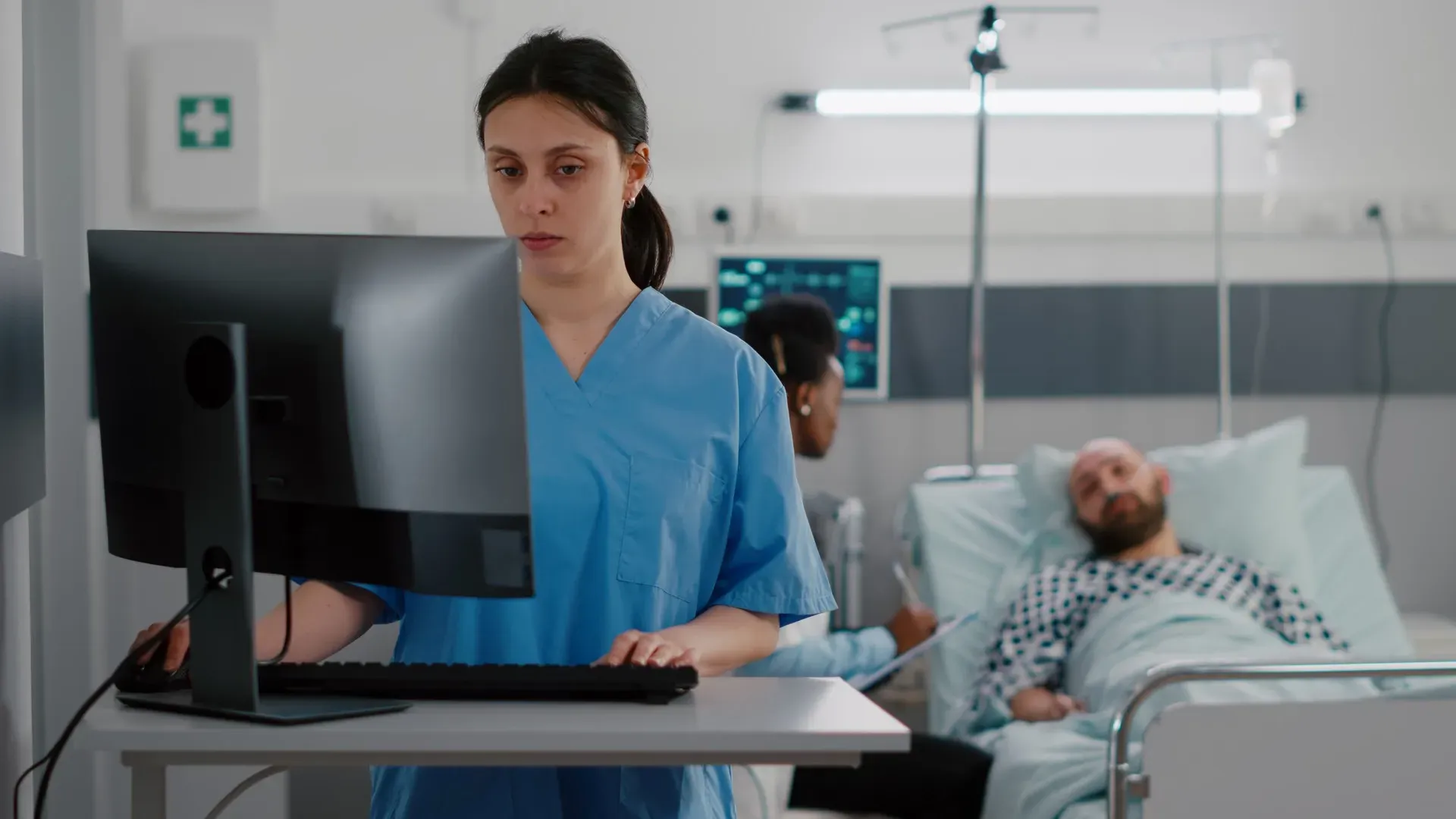The future of theatre nursing: Trends and innovations shaping surgical care
The field of theatre nursing is rapidly evolving, driven by advancements in medical technology, changes in healthcare delivery, and an increasing demand for specialised surgical care. As hospitals and healthcare facilities strive to improve patient outcomes, theatre nurses are playing a more significant role than ever.
This blog explores the emerging trends and innovations shaping the future of theatre nursing, highlighting how these changes will impact surgical teams and patient care.
The growing demand for specialised theatre nurses
Theatre nursing has always been a highly specialised field, requiring extensive training, precision, and the ability to work in high-pressure environments. However, as surgical procedures become more advanced, the need for skilled theatre nurses is increasing.
1. Rise in complex and minimally invasive surgeries
With the introduction of robotic-assisted surgery, laparoscopic procedures, and other minimally invasive techniques, theatre nurses are required to have specialised training in these areas. These procedures offer quicker recovery times and reduced complications for patients, but they also require nurses to manage highly technical equipment, monitor patients with precision, and assist surgeons in new and innovative ways.
2. An ageing population and increased surgical demand
Australia’s ageing population means a rising number of surgical interventions, particularly in orthopaedics, cardiology, and oncology. This increases the workload for theatre nurses, making it essential for healthcare providers to invest in recruitment, training, and workforce retention strategies to meet the demand.
3. Global nursing shortages and recruitment challenges
Theatre nurses are in high demand globally, leading to workforce shortages in many regions. Healthcare facilities must focus on attracting, training, and retaining skilled theatre nurses to maintain high standards of surgical care. Agencies like Dispatch Nursing Agency are stepping in to provide reliable, highly trained theatre nurses to fill these critical roles.
Innovations transforming theatre nursing
Theatre nurses must adapt to rapid advancements in medical technology and surgical techniques. Here are some key innovations shaping the future of theatre nursing:
1. Robotic-assisted surgery and AI integration
Robotic-assisted surgeries, such as those using the da Vinci Surgical System, are becoming more common, requiring theatre nurses to develop new technical skills. AI-powered surgical tools assist in precision cutting, data analysis, and real-time monitoring, helping nurses and surgeons achieve better patient outcomes.
Theatre nurses play a vital role in:
- Preparing robotic equipment and ensuring its functionality before surgery.
- Assisting surgeons in operating these complex systems.
- Monitoring patients during robotic-assisted procedures to ensure safety.
2. Virtual reality (VR) and augmented reality (AR) in training
Theatre nurses are now benefiting from VR and AR simulations that allow them to practise complex procedures in a risk-free environment. These technologies:
- Provide immersive training experiences for new theatre nurses.
- Enhance hand-eye coordination for complex surgical tasks.
- Allow nurses to gain experience in high-risk procedures before working in real-life situations.
This type of advanced training is helping to reduce surgical errors and improve patient safety.
3. Enhanced patient monitoring and real-time analytics
With the advancement of real-time data monitoring, theatre nurses can track patient vitals more accurately than ever before. Smart monitoring systems use AI algorithms to detect early signs of complications, allowing nurses to act quickly and reduce surgical risks.
Additionally, wearable health technology is being used for preoperative and postoperative patient monitoring, ensuring better recovery outcomes and reducing hospital readmissions.
The evolving role of theatre nurses
As surgical procedures become more complex, theatre nurses are taking on expanded roles beyond traditional surgical assistance.
1. Multidisciplinary collaboration
Theatre nurses are now working more closely with surgeons, anaesthetists, and post-surgical care teams to ensure seamless patient care. They are also involved in surgical planning by helping assess patient risk factors, preparing necessary equipment, and ensuring compliance with evolving healthcare regulations.
2. Stronger focus on patient-centred care
The modern healthcare approach is shifting towards patient-centred care, where nurses are not only responsible for technical surgical assistance but also for patient advocacy and emotional support. Theatre nurses now play an active role in:
- Educating patients on pre- and post-surgical care.
- Addressing patient anxieties and concerns before surgery.
- Ensuring patients understand their recovery plans and medication schedules.
By strengthening communication between medical teams and patients, theatre nurses help reduce post-surgical complications and enhance overall patient satisfaction.
3. Leadership and mentorship opportunities
With the demand for skilled theatre nurses rising, experienced professionals are now being encouraged to train and mentor the next generation of nurses. This is particularly important as healthcare facilities face workforce shortages and need to fast-track the training of new surgical nursing staff.
Addressing challenges in theatre nursing
Despite the exciting innovations in theatre nursing, several challenges remain. Addressing these issues is essential to ensuring high-quality surgical care in the future.
1. Workforce shortages and burnout
The demanding nature of theatre nursing can lead to stress and burnout. Healthcare providers must focus on:
- Offering flexible work arrangements to promote better work-life balance.
- Providing mental health support to help theatre nurses cope with high-pressure environments.
- Improving staffing levels to ensure adequate support in operating theatres.
2. Continuous training and upskilling
To keep up with new surgical advancements, theatre nurses require ongoing professional development. Hospitals and agencies must invest in specialised training programs that equip nurses with the latest surgical skills, technology knowledge, and best practices.
3. Recruitment strategies for future theatre nurses
To meet growing demands, healthcare facilities need effective recruitment strategies. Dispatch Nursing Agency is actively working to bridge the skills gap by connecting healthcare providers with highly trained theatre nurses, ensuring that surgical teams remain fully staffed and prepared for future challenges.
Conclusion
Theatre nursing is evolving rapidly, with innovations like robotic-assisted surgery, AI-driven patient monitoring, and immersive VR training transforming how surgical teams operate. These advancements are improving surgical precision, patient safety, and recovery outcomes, making theatre nurses more crucial than ever.
However, challenges such as workforce shortages, burnout, and the need for continuous training must be addressed to sustain high-quality surgical care. Agencies like Dispatch Nursing Agency are playing a pivotal role in supplying skilled theatre nurses to meet the demands of modern healthcare.
As the future of surgical care unfolds, theatre nurses will remain at the forefront of innovation, ensuring that every procedure is conducted with precision, efficiency, and the highest standards of patient care.
Looking for experienced theatre nurses to enhance your surgical team? Contact Dispatch Nursing Agency today and discover how our specialised workforce can support your healthcare facility.


